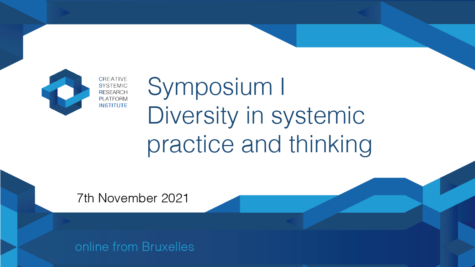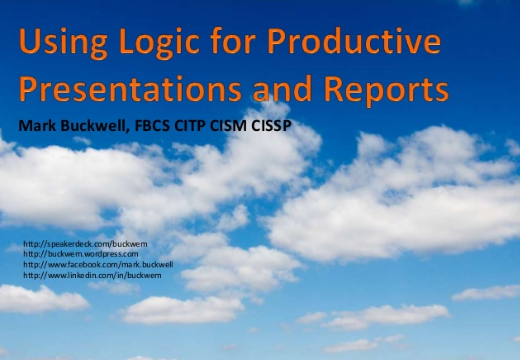The first Systems Thinking Ontario session for 2023 is scheduled for January 9, on “Root Metaphors and World Hypotheses”. This is philosophical content, for which a guided tour and discussion will be better than attempting a solo reading of the World Hypotheses wiki on the Open Learning Commons. Upon announcing the session on social media, I was honoured to receive a response from Michael C. Jackson, OBE.
… Read more (in a new tab)Very interesting, David. And great that you are bringing Pepper and Emery/Trist back into centre of debates about systems thinking – where they belong.
Thanks, also, for drawing attention to my 2020 discussion of world hypotheses.
Sociotechnical thinking went through a brief ‘mechanical systems’ phase (Trist and Bamforth) before discovering von Bertalanffy and embracing organicism. It is also true that both Trist and Emery later claimed to have moved beyond organicism and embraced contextualism.
My own view is that they did not succeed and that organicism continued to dominate in the L22 work and even in the later socio-ecological work.
I recently had an exchange with Merrylyn Emery on this who, of course, says I am wrong and that her and Fred’s later work is clearly contextualist.
My argument, which I still adhere to, can be found in the chapter on sociotechnical thinking in my ‘Critical Systems Thinking and the Management of Complexity’. It is this chapter Merrylyn objected to. She is still very active in Australia.
The first Systems Thinking Ontario session for 2023 is scheduled for January 9, on “Root Metaphors and World Hypotheses”. This is philosophical content, for which a guided tour and discussion will be better than attempting a solo reading of the World Hypotheses wiki on the Open Learning Commons. Upon announcing the session on social media, I was honoured to receive a response from Michael C. Jackson, OBE.
… Read more (in a new tab)Very interesting, David. And great that you are bringing Pepper and Emery/Trist back into centre of debates about systems thinking – where they belong.
Thanks, also, for drawing attention to my 2020 discussion of world hypotheses.
Sociotechnical thinking went through a brief ‘mechanical systems’ phase (Trist and Bamforth) before discovering von Bertalanffy and embracing organicism. It is also true that both Trist and Emery later claimed to have moved beyond organicism and embraced contextualism.
My own view is that they did not succeed and that organicism continued to dominate in the L22 work and even in the later socio-ecological work.
I recently had an exchange with Merrylyn Emery on this who, of course, says I am wrong and that her and Fred’s later work is clearly contextualist.
My argument, which I still adhere to, can be found in the chapter on sociotechnical thinking in my ‘Critical Systems Thinking and the Management of Complexity’. It is this chapter Merrylyn objected to. She is still very active in Australia.




